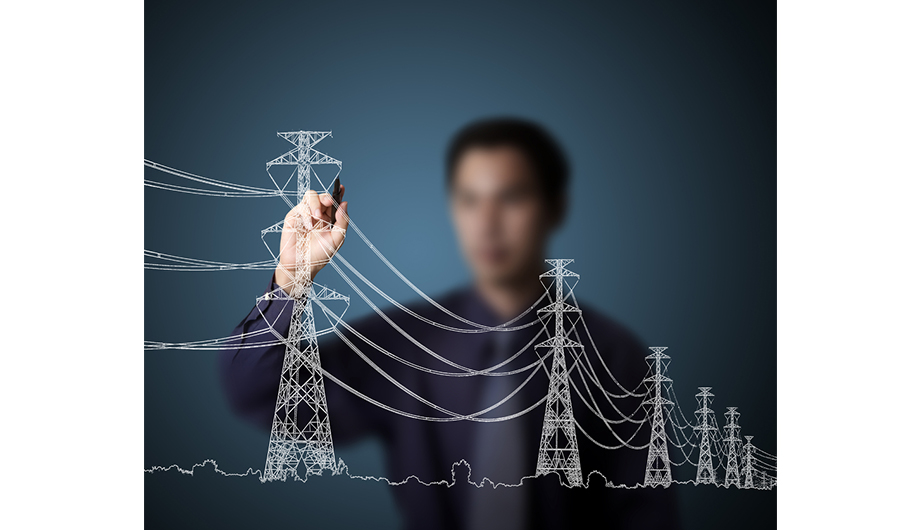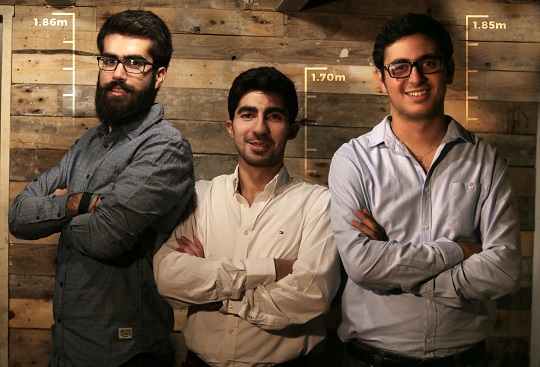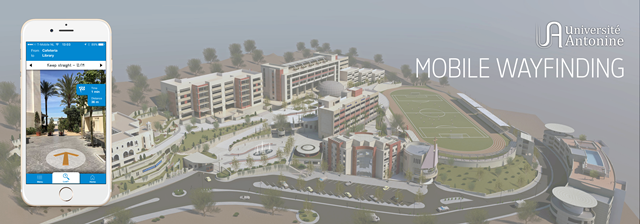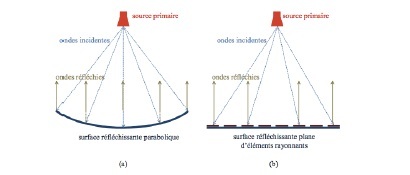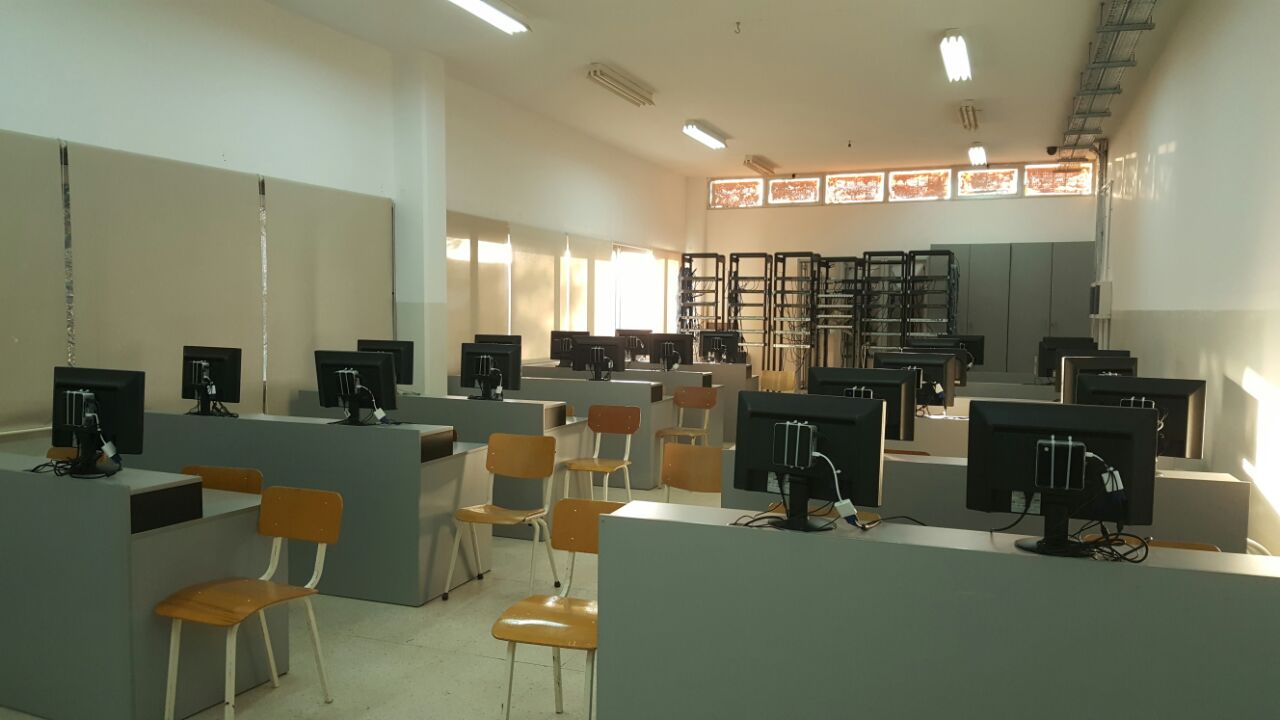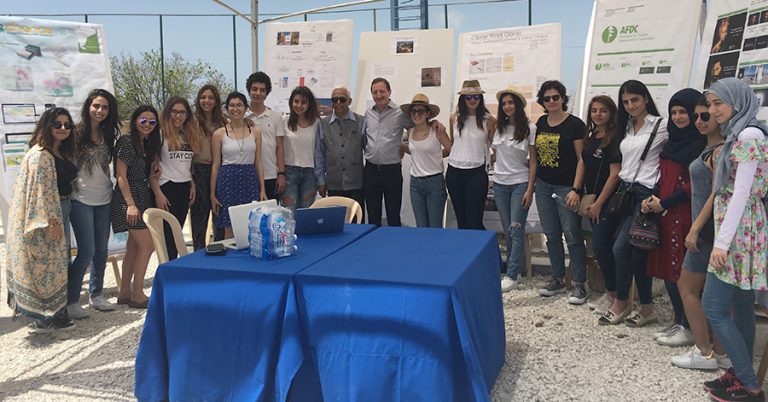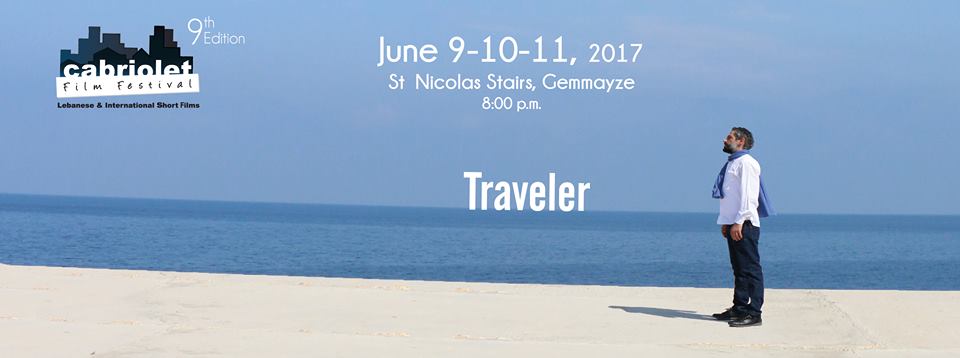According to Google, Smart Grid is defined as the “electricity supply network that uses digital communications technology to optimize energy production, distribution, consumption, and eventually storage in order to efficiently react to local changes in usageâ€.
Terms like smart meters, green networks, solar energy and wind energy pop up when “smart grid†is mentioned. An interesting simplistic way to look at it, is the idea that anyone can produce his/her own clean electricity and actually sell it. Optimizing and controlling this flow is of paramount importance. However, this could not be achieved without the use of Smart meters. In fact, Smart meters have a monitoring role so that a prosumer (a consumer and/or producer of energy) can easily understand how his lifestyle impacts his energy usage. Moreover, Smart meters allow the prosumer to remotely control his energy production/consumption units from his/her Smartphone. All the data collected by the Smart meters will be automatically sent to some centralized devices for accounting and billing purposes. These collected data will also be analyzed by energy suppliers in order to extract information on when and how households are using the available energy. The extracted information allows them to adapt their production units and create more competitive time-of-use tariffs with cheaper prices for off-peak use.
Dr. Elias Doumith, Associate Professor at Université Antonine’s faculty of Engineering, elaborates on this subject. The smart network is changing our lifestyle making us more aware and responsible of our electricity consumption. Indeed, we are currently experiencing a significant change in energy policy. Apart from shifting from a centralized generation model to a distributed one driven by renewable energies, the energy system is undergoing a long-term structural change. This change materializes in the transition from an energy system driven by the demand to a new one driven by the offer. In the past, consumers just require the energy while the producers have to cope with the demand by adapting their power plants generation. In an energy system driven by the offer, the consumers are provided with incentives to reschedule some unnecessary power-greedy tasks for times when electricity is available inexpensively. For example, turning on the hot water or the washing machine at night, when the big industries are not feeding off the grid,. This should replace overproduction and avoidable energy consumption with energy-saving measures and increased efficiency. The smart grid makes us all as one unit consuming energy in a sustainable, reliable and economic manner. Prices are competitive which makes it tempting!
To compare it with data consumption – vulgarly called the internet –, we have it on our phones all day although we don’t use it all the time and not with the same speed; we can reduce it at home when we are not there. Follow the user! The smart grid gives less electricity when not needed. Note that, because our electrical home devices will be connected to the grid, we can control them remotely, from outside.
The UN encourages such development projects, in the aim of reducing nuclear energy consumption and decreasing pollution levels. Many researches are being conducted in order to increase energy efficiency, optimize available resources, balance offer and demand, schedule demand-side management, monitor network consumption, etc… In Europe and the US, smart grids are being installed.. In Lebanon, the deployment of this system is still very limited considering it cannot take its full role until electricity is provided 24/7. A few companies have shown an interest in the control of home devices through the mobile phone option but none towards reducing its power consumption while using intelligent automatic control systems as a step towards a greener energy sector. Whenever power will be available 24/7, the smart grid project can see the light; the greed must stop so the grid gets smart.
As for Université Antonine, Dr. Doumith gladly informed us that there are an undergoing collaborations with international partners on novel techniques to optimize and increase the efficiency of the Smart Grid network. Courses wise, engineering students specializing in networking are being introduced to the optimization through the Université Antonine Programming Competition. For more details on the UAPC, refer to Unileb’s recent article on the subject.
It has become a necessity, if not a duty, to rethink the way we consume electricity. By acting more responsibly, we contribute in the fight against global warming but also, the claim for lower energy consumption fees, considering it’s a need and a right for each of us.

